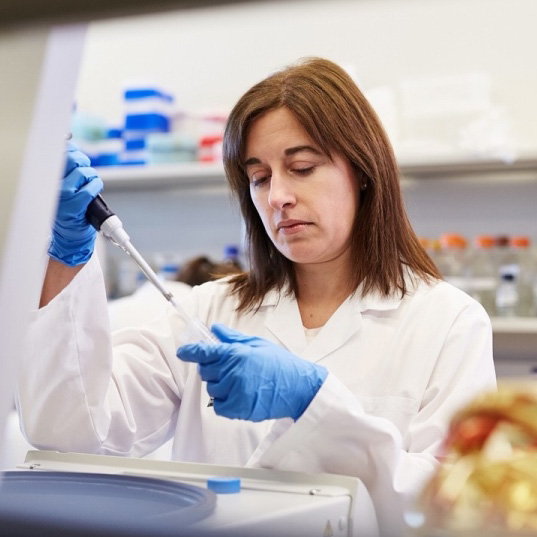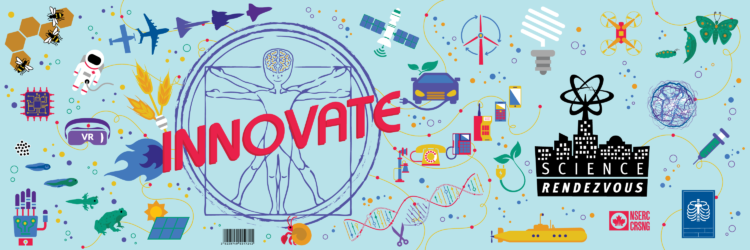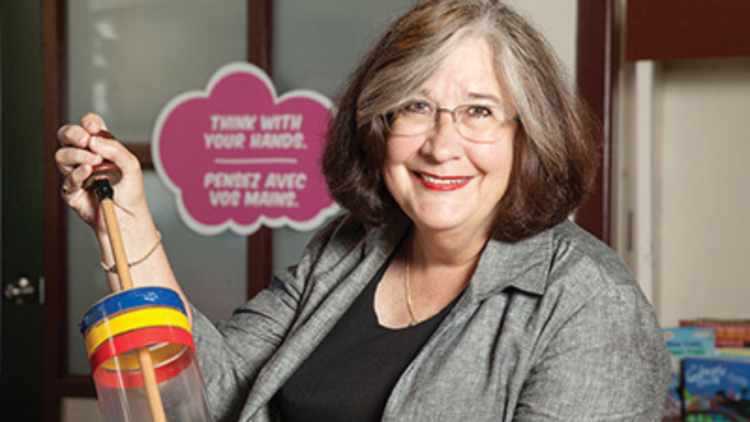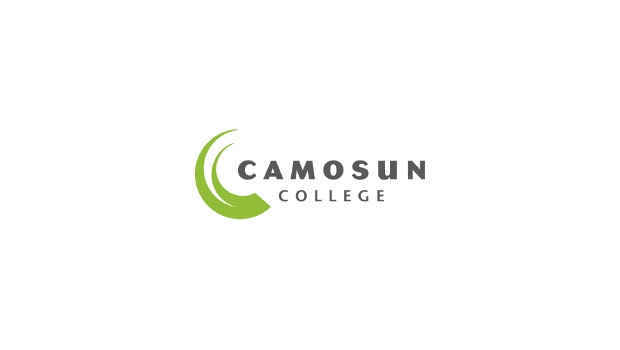“These [cancer-fighting] viruses are like building blocks like Lego, says Dr. Carolina Ilkow, “and we change pieces of these Lego.” An Ottawa Hospital scientist and an associate professor at the University of Ottawa, Ilkow developed cancer-fighting viruses called oncolytic viruses (OVs) with cancer research pioneer Dr. John Bell. “We can make these viruses express tiny pieces of COVID-19, so when we give this as a vaccine we can train our immune system to recognize COVID.”
The design of these viruses that can destroy cancer cells while being harmless to healthy tissue has made significant progress over the past decade. One obstacle for the OVs was that some cancer cells were resistant to them.
Why? When normal cells become cancerous, they often lose their first line of defense against viruses. But Ilkow and her team discovered that many cancer cells still have an ancient defense mechanism against viruses called RNA interference (RNAi). Using this mechanism, these cancer cells destroy the OVs by cutting up their genetic material. Although this defense is critical in plants, fungi and insects, it was thought to be less so in mammals.
So her team developed an OV that also blocked RNA interference. It turned out to be more effective in destroying cancer cells while still being harmless to normal cells. “We found that stopping RNAi in cancer cells made the cells vulnerable to virus-based therapies,” Ilkow stated. “In essence, we found a way to remove the armour that a tumour uses to defend itself.”
Now the team has multiple strains of OVs “that can replicate inside cancer cells, bust them open and spread throughout a tumour, without harming normal tissues,” says Bell. An important lesson from their research was that the best OVs also stimulate the immune system — “in effect,” Bell explains, “training the immune cells to recognize and help attack the cancer cells.”
Four different strains of such cancer-fighting viruses have already been developed and proven safe in humans. They can now be repurposed in the search for a COVID-19 vaccine. Ilkow says, “A vaccine would expose the body to tiny harmless bits of COVID-19, so that the immune system can build an army that will be ready to attack if the real virus comes along.” Bell adds, “if the COVID virus comes by, [their immune system] recognizes it right away and eliminates it,” thus making those who are vaccinated immune to the virus.
Just as the team was able to modify the OVs to block RNA interference, as well as perform other “viral gymnastics” in their usual research, they will now apply similar strategies to genetically engineer the viruses to produce small harmless pieces of COVID-19 to stimulate immune response. Bell describes it as a bit of a Trojan horse; they “paint that virus with proteins that come from the virus which is causing the pandemic in the first place, and so it basically vaccinates the person and makes them think they’re infected with the virus that causes COVID-19, but they’re not.”
If the team successfully develops a vaccine, production of large quantities of the vaccine can be done right at the Ottawa Hospital, which houses the only Canadian hospital-based lab able to produce virus-based vaccines and therapies for clinical trials.
Likely the only team to be using this type of technology to develop a vaccine, they are one of 23 awarded COVID-19 grants by the Thistledown Foundation, and one of more than 50 COVID-19 research projects at the Ottawa Hospital. The team is also working with colleagues across Canada and around the world on this project, including Dr. Douglas Mahoney and his partners at the University of Calgary, and Dr. Zhou Xing, Dr. Brian Lichty, and their teams, at McMaster University.
Hoping to begin testing in humans by the end of the year, many of the researchers are working around the clock in the lab while practicing physical distancing in the lab. “It is so inspiring to be part of this global vaccine effort,” says Dr. Ilkow. “Researchers around the world are working together and sharing ideas and data so we can save lives and help people get back to normal.”


































